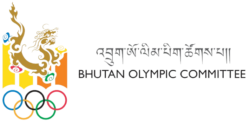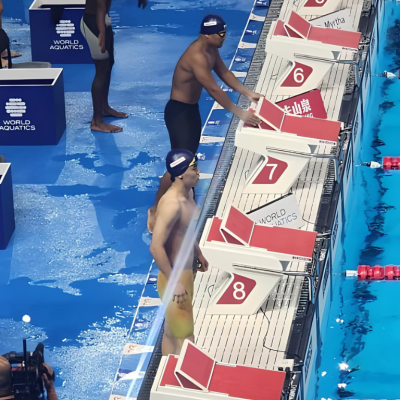Frequently Asked Questions on Anti-Doping
Not necessarily. Supplements may be contaminated with banned substances, even if not listed on the label. If supplements are needed, athletes should only use batch-tested products from reputable sources.
Yes. All national-level athletes, regardless of their sport, can be tested at any time—whether during competition or outside of it.
In some cases. Alcohol is prohibited in-competition in specific sports such as air sports, archery, and motorsports. Beyond rules, athletes should also be mindful of alcohol’s long-term health risks.
Absolutely. Coaches and support personnel must understand and comply with anti-doping regulations. They can face consequences for violating or encouraging others to violate the rules.
Stay educated on anti-doping policies, always consult healthcare professionals before taking any medication, and apply for a Therapeutic Use Exemption (TUE) if a banned substance is medically necessary.
No. Refusing a doping test is a serious violation and is treated the same as a positive test result. It can lead to suspension or a ban from sport.
No. Testing is not limited to winners. Any athlete can be selected for testing—randomly or based on specific targeting—regardless of performance or ranking.
Refer to the latest WADA Prohibited List, updated annually on January 1st. You can also use the Global DRO app or website to verify the status of specific medications.
Not always. While some are permitted, others—especially opioids or corticosteroids—may be banned during competition or in certain forms. Always verify before use.
A substance or method is prohibited if it meets at least two out of three criteria:
- It unfairly enhances performance
- It poses a risk to the athlete’s health
- It violates the spirit of sport
Latest Updates and Insights
Discover our newest blogs, news, and announcements—curated just for you. Stay informed and inspired!
THE WORLDWIDE OLYMPIC PARTNERS
















